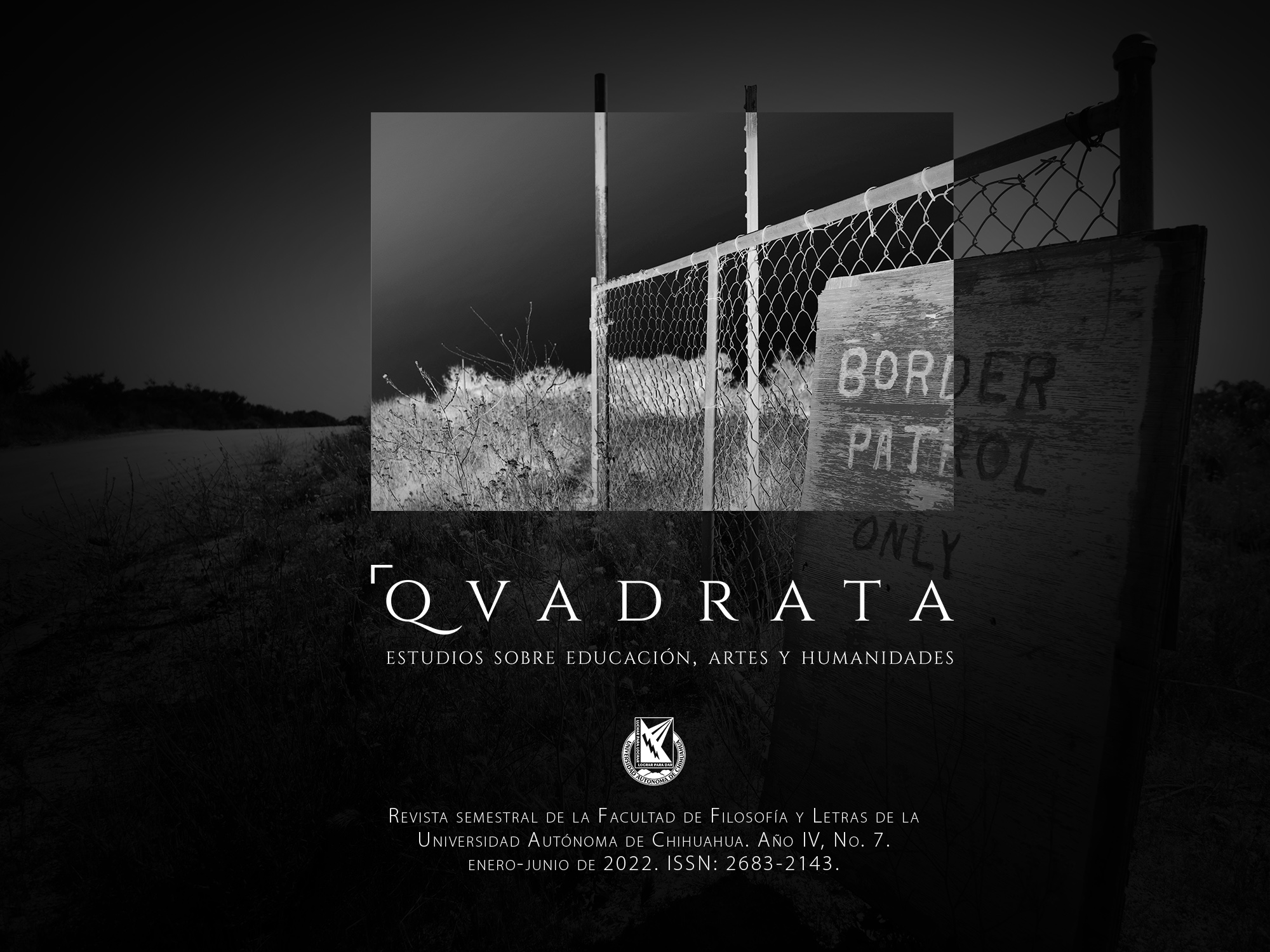Between Virgins and Girls: Religious Devotion to Female Figures in Drug Culture in Mexico
DOI:
https://doi.org/10.54167/qvadrata.v4i7.1001Keywords:
Narcoculture, religion, religious female figuresAbstract
Narcoculture is a phenomenon spread over the last decades conforming, not only the daily life in the subsistence form of a significant sector of the Mexican population, but also, it has established its own idea of transcendence, where religious syncretism has played a transcendental role. The religious figures which prevail in the world of Narcoculture are very varied, and each of them presents very particular characteristics. Some of the most representative cults of the drug world are: the devotion to the Holy Death, the cult to Martín Valverde, and the devotion to San Judas Tadeo, just to mention a few. But what happens when these figures worthy of devotion become feminine? What is the distinction between entrusting yourself to a male and a female figure? We can observe that femininity through religious beliefs has a very important role in the configuration of these transcendental ideas.
References
Aridjis, H. (2003). La santa muerte sexteto del amor, las mujeres, los perros y la muerte. México: Alfaguara.
Becker, H. S. (1971). Los extraños. Buenos Aires: Tiempo Contemporáneo.
Berger, P. (1977). El dosel sagrado. Buenos Aires: Amorrortu editores.
Berger, P., & Thomas, L. (2011). Construcción Social de la Realidad. Buenos Aires: Siglo XXI.
Blancornelas, J. (2003). Horas extra. Los nuevos tiempos de narcotráfico. México: Plaza&Janes.
Cohen, A. K. (1955). Delinquent Boys: The Culture of the Gang. Nueva York: The Free Prees of Glencoe.
De Certeau, M. (2004). La invención de lo cotidiano. 1. Artes de hacer. México: Universidad Iberoamenricana/Iteso.
Degetau, J. (2010). Credos: Malverde y la Santa Muerte. Este País (229), pp.30-34. https://archivo.estepais.com/site/wp-content/uploads/2010/05/13_degetau.pdf
Díaz, G. L. (2009). Guerrero: la narcomiseria. Proceso (no. especial 25).
Gaytan Alcalá, F. (2008). Santa entre los malditos. Culto a la Santa Muerte en el México del S. XXI. México: Liminar. Estudios Sociales y Humanisticos VI.
Geertz, C. (1991). La interpretación de las culturas. México: Gedisa.
Gutiérrez, A. (2000). Aspiración de jóvenes indígenas: su camioneta y su "cuerno de chivo" Proceso (1210).
Martínez, F. (21 de julio de 2007). Busca Iglesia de La Santa Muerte registro ante SG . La Jornada, https://www.jornada.com.mx/2007/07/21/index.php?section=sociedad&article=034n1soc
Morín, E. (2011). La maña. Droga, violencia, poder e imaginarios. México: Tesis para optar al grado de Doctor en Antropología. Universidad Nacional Autónoma de México.
Thompson, J. (1998). Ideología y cultura moderna. México: UAM Xochimilco.
Valenzuela, J. M. (22 de septiembre de 2008). Tartamudearon los fierros. BBC Mundo, http://news.bbc.co.uk/hi/spanish/specials/2008/narcomexico/newsid_7619000/7619632.stm
Von Wobeser, G. (2013). Mitos y realidades sobre el origen del culto a la Virgen de Guadalupe. Revista Grafía, 10(1).





 QVADRATA. Estudios sobre Educación, Artes y Humanidades año V, número 9, enero-junio de 2023, es una publicación semestral editada por la Universidad Autónoma de Chihuahua. Calle Escorza #900. C.P. 31000, Chihuahua, Chih. Tel. (614) 439-1500 ext. 3844,
QVADRATA. Estudios sobre Educación, Artes y Humanidades año V, número 9, enero-junio de 2023, es una publicación semestral editada por la Universidad Autónoma de Chihuahua. Calle Escorza #900. C.P. 31000, Chihuahua, Chih. Tel. (614) 439-1500 ext. 3844, 
